Femia > Health Library > Your cycle > Sex > What are the odds? Understanding the chances of pregnancy after unprotected sex one time
What are the odds? Understanding the chances of pregnancy after unprotected sex one time
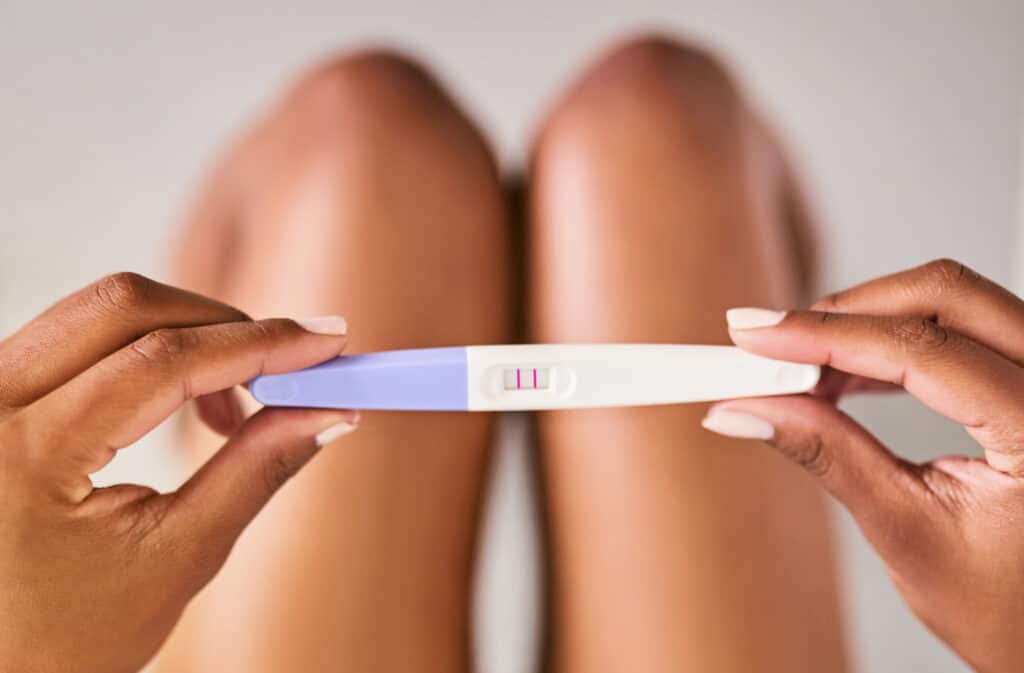
- Updated Feb 28, 2025
- Published
CRAFTED BY HUMAN
Crafted by human At Femia, we provide accurate and up-to-date information at every stage of your journey, from trying to conceive, pregnancy and postnatal support. All content is created by a real person based on in-depth research and own professional experience. Femia ensures that you will receive expert advice, strict accuracy and a personalized approach from our authors/medical experts. Learn more about our editorial policy.
FACT CHECKED
Fact checked At Femia Health, we maintain the highest standards of editorial excellence in delivering content focused on helping you conceive, guiding you through pregnancy, and supporting you postpartum. Explore our content review principles to learn how we ensure the accuracy and quality of our health and lifestyle tips for every stage of your journey.
There is around a 20% chance of getting pregnant if you have sex without protection one time during ovulation. And, if you had unprotected sex one time 1–4 days before your ovulation, the chances of getting pregnant are between 9–33%.
Although the chances of pregnancy after sex are higher at the time of ovulation, it is difficult to trace the exact time of ovulation, so having sex only once produces only a 20% chance of conception.
It’s normal to be anxious after having unprotected sex even once, and it may cause you to wonder: What are the chances of getting pregnant without protection one time after sex?
Although the chances of getting pregnant after one-time unprotected sex may be higher during ovulation, it also depends on many other factors, like your overall health, age, fertility status, quality of sperm, and more.
So, it’s important to understand the impact of fertility, ovulation, and health on conception after unprotected sex. If you had sex without protection once and are wondering whether it can cause pregnancy or not, we’ve got you covered.
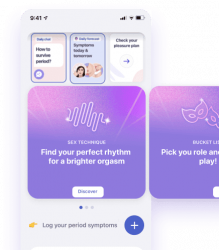
Understanding fertility and ovulation
The menstrual cycle starts when women have their period and consists of four main phases that last for around 28–29 days.
Ovulation is the phase of the menstrual cycle when conception is possible. It happens around 14 days after the first day of the last menstrual period.
During this phase, one of the ovaries will release an egg, which travels from the fallopian tubes to the uterus and waits for sperm. The egg is viable for fertilization by sperm only 12–24 hours after release from the ovary (ovulation).
If fertilization does not occur, the thick uterine lining sheds down from the vagina in the form of blood (periods). But, if a sperm does reach and fertilize the egg, the egg will implant in the uterine lining for pregnancy.
A sperm can survive in the female body for around 3–5 days. Hence, the chances of conceiving are higher in four days leading up to ovulation, as well as right after ovulation. This is called the “fertile window,” when the likelihood of getting pregnant is the highest.
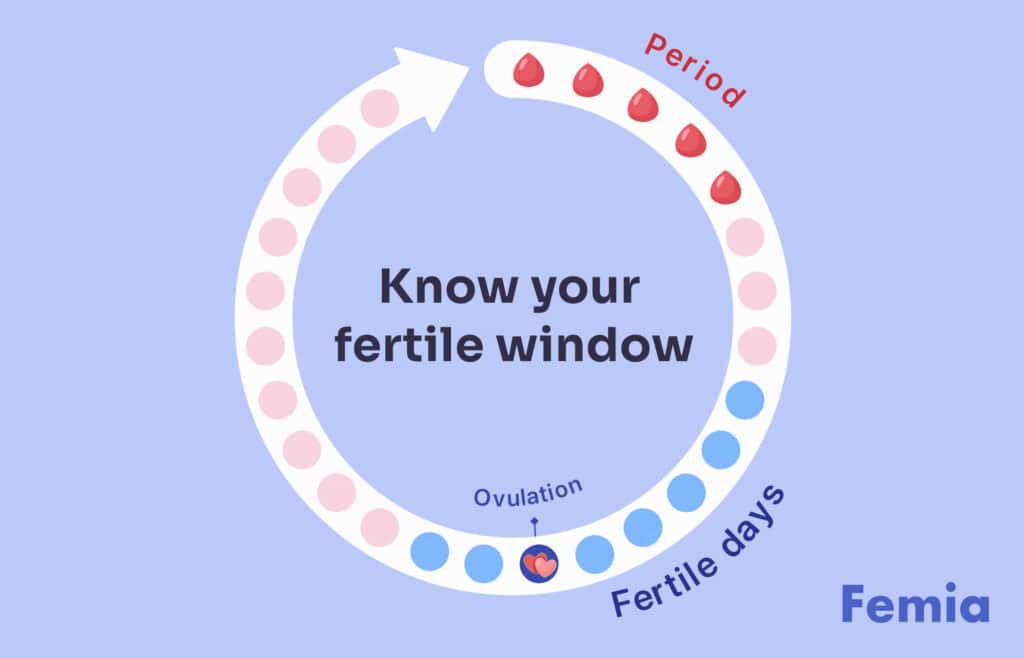
@femia.fertility 🌟 Timing is everything in baby-making! Our fertility expert is here to help you discover the best days to increase your chances of conceiving. Don't miss part two, where we will show you how to pinpoint those lucky days! #ovulation #plannedparenthood #motherhood #pregnnacy #ttc #ttctips #fertilityadvice ♬ original sound - Femia fertility tracker
What are the chances of getting pregnant without protection?
The highest chance of getting pregnant after sex without protection is within 12–24 hours of ovulation. However, it depends on the quality and viability of sperm and egg.
As it’s difficult to trace the exact time of ovulation, the chances of pregnancy from only a single instance of unprotected sex may be lower due to factors like sperm quality and quantity, fertilization efficiency, and egg viability.
But, if everything lines up just right, pregnancy can happen from just having unprotected sex one time.
It’s hard to say for sure, but here are some numbers to consider:
- If you have unprotected sex only once during ovulation, the chances of getting pregnant on ovulation day without protection is 20%.
- If you have unprotected sex once one day before ovulation, the chances of pregnancy is 42%.
- If you have sex only one time two days before ovulation without protection, the chances of pregnancy is 33%.
- If you have unprotected sex once three days before ovulation, the chances of getting pregnant is around 27%.
- Having unprotected sex once four days before ovulation gives you up to an 18% chance of pregnancy.
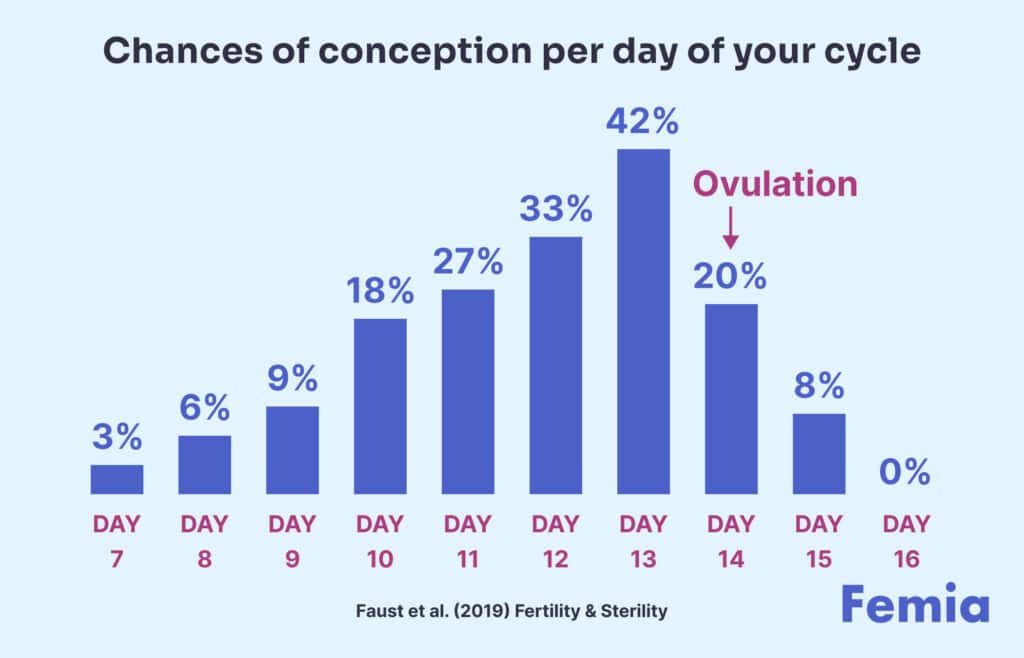
You had unprotected sex. What next?
Depending on whether you are willing to get pregnant or not, you might follow the steps below after having unprotected sex.
Emergency contraceptive pills to prevent pregnancy
If you want to prevent pregnancy after unprotected sex, you can take emergency contraceptive pills (ECP) within three to five days of sex, depending on the type of pill.
ECPs work best the sooner they are taken. Some types, such as levonorgestrel-based pills, are most effective within three days (72 hours), while others, like ulipristal acetate (Ella), can be effective for up to five days (120 hours) after unprotected sex.
Take a pregnancy test
Next, you might want to take a pregnancy test two to three weeks after unprotected sex to determine if you are pregnant. A beta-HCG test will confirm whether you are pregnant or not.
If you get positive results in your test, consult your healthcare provider for a detailed evaluation of your health condition.
Your doctor can provide any necessary recommendations, supplements, or prescription medications based on your condition.
Consult your healthcare provider
It is ideal to consult your healthcare provider for personalized advice about the best possible options to prevent pregnancy after unprotected sex. They will guide you based on your individual needs.
Considering factors like your age, health, fertility status, and the amount of time that has passed since you had sex, your healthcare provider will help determine the most effective methods to prevent—or manage—pregnancy.
Test for sexually transmitted diseases
After unprotected sex, there may be a chance of contracting sexually transmitted diseases (STIs) if any of your partners are infected and has a high bacterial count or viral load.
Hence, it is recommended that both partners should consider testing for STIsto evaluate the presence of any infections, like HIV, gonorrhea, or chlamydia infections.
Preventive measures and future considerations
Remember that it’s okay if you have or haven’t got pregnant after a single time of unprotected sex. This is a natural process, and sometimes it can be difficult to control it or take it the way you planned or wanted, which is normal.
But, it’s important to keep in mind some preventive measures and plan for the future or the next time you have intercourse.
If you want to get pregnant
The ideal time for baby-making sex is during your fertile window. Having regular sex from about day 10 in your cycle (counting from the first day of your last period) until your ovulation day (which can vary but often occurs around day 14 in a 28-day cycle), raises the chances of conception.
The fertile window allows a greater number of healthy sperm to reach your egg, and the sperm with the best quality can fertilize the egg as soon as it releases from the ovary during ovulation, increasing the likelihood of pregnancy.

If you want to prevent pregnancy
Some future considerations and measures you can take to prevent pregnancy include:
Using protection. To prevent unintended pregnancies and STIs, make sure to use contraception. Try to have it readily available, so you can use it whenever you plan to have sex.
Considering long-term contraceptive options. If you are looking to prevent pregnancy long term, you can go for other contraceptive options, like intrauterine devices (IUD) or implants, for effective contraception.
It is best to consult your healthcare provider for personalized advice on which contraceptive option will work best for you based on your needs and health.
👉Find out more: How long does it take to get pregnant after IUD removal?
Planning STI testing. It’s important to maintain sexual health and ensure that you and your partner are free from STIs.
Communicating with your partner. Communication is key when it comes to healthy sexual relationships. Openly discuss and communicate with your partner about your boundaries, desires, and health.
Questions from the Femia community
Is emergency contraception effective if taken after ovulation?
ECPs have little to no effect if taken after ovulation, as they prevent pregnancy by delaying or not allowing ovulation.
ECPs delay the release of an egg from your ovary until the sperms are no longer active, so if you take ECP after the egg has already been released, it may not be effective in preventing pregnancy.
What are the early signs of pregnancy I should look for?
The early signs of pregnancy can vary, as each pregnancy is unique and all women may not experience the same symptoms. However, there are some common symptoms to be on the lookout for if you are worried about possibly being pregnant:
• Missed period;
• Nausea or vomiting;
• Swollen, tender breasts;
• Increased urination;
• Mood changes.
Remember that most of these symptoms can have other causes as well. The only way to know for sure if you are pregnant is to take a beta-HCG test at the right time.
👉Find out more: Does stomach pain after sex mean your pregnant?
How soon can I take a pregnancy test after unprotected sex?
For the most accurate results, it is best to wait at least two weeks (10–14 days) after unprotected sex to take a pregnancy test. Pregnancy tests are designed to detect a hormone called beta-HCG in your blood and urine.
The beta-HCG hormone requires time to build up in the blood and urine before it will appear in the test. Hence, taking the test too early after unprotected intercourse may increase the chances of having a false negative result even when you may be pregnant.
👉Find out more: How soon after unprotected sex can I test for pregnancy?
Can certain positions or activities during sex increase the chances of getting pregnant without protection?
There is a myth that certain positions during sex can increase the chances of pregnancy without protection. Studies show no scientific evidence about the likelihood of pregnancy in any specific position without protection.
👉Find out more: How to put pillow under hips to get pregnant?
The bottom line
The chances of pregnancy after having unprotected sex once depend on many factors, such as sperm quality and quantity, egg viability, and whether you had sex during your fertile window. In short, if the timing of your unprotected sex matches your fertile window or ovulation days, and a healthy sperm reaches your uterus, there is a chance you could be pregnant.
If you want to prevent pregnancy, there are multiple contraceptive options to explore. It is best to consult your healthcare provider to determine the best available option based on your needs.
References
- American Pregnancy Association. “Can I Get Pregnant – Sex During Fertility Window?” American Pregnancy Association, 9 June 2022, americanpregnancy.org/can-i-get-pregnant-if/can-i-get-pregnant-if.
- Professional, Cleveland Clinic Medical. “Menstrual Cycle.” Cleveland Clinic, my.clevelandclinic.org/health/articles/10132-menstrual-cycle.
- “Emergency Contraception: Preventing Pregnancy After You Have Had Sex.” Paediatrics & Child Health, vol. 8, no. 3, Mar. 2003, pp. 184–85. https://doi.org/10.1093/pch/8.3.184.
- Faust, Louis, et al. “Findings from a Mobile Application–Based Cohort Are Consistent with Established Knowledge of the Menstrual Cycle, Fertile Window, and Conception.” Fertility and Sterility, 2019, https://www.fertstert.org/article/S0015-0282(19)30432-7/fulltext.
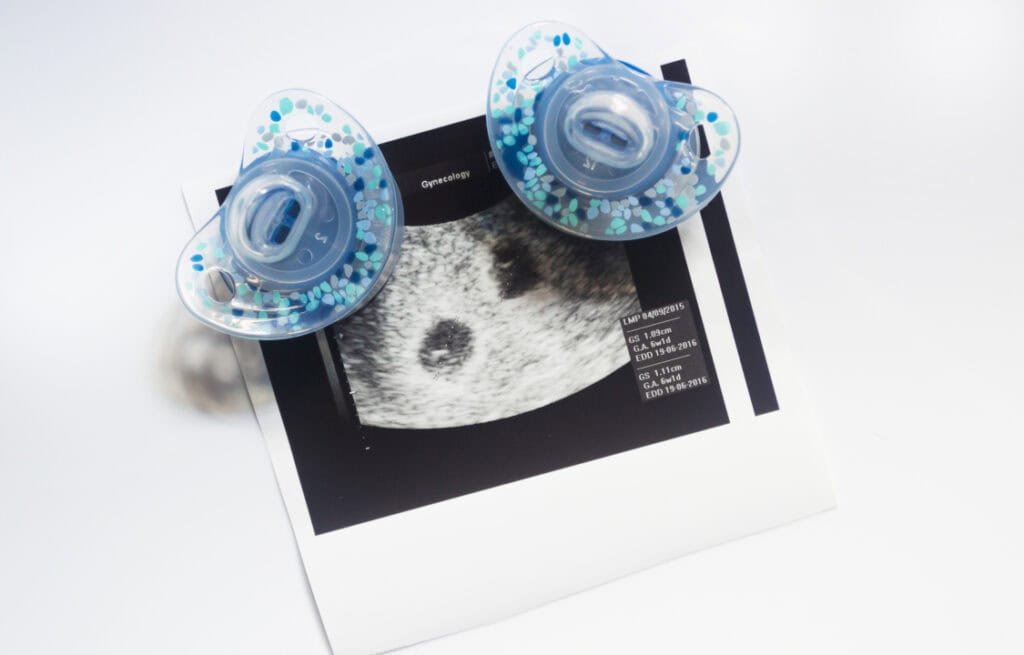
Difference between single and twin pregnancy symptoms week by week: Learn how to identify the difference in pregnancy symptoms and manage them accordingly.
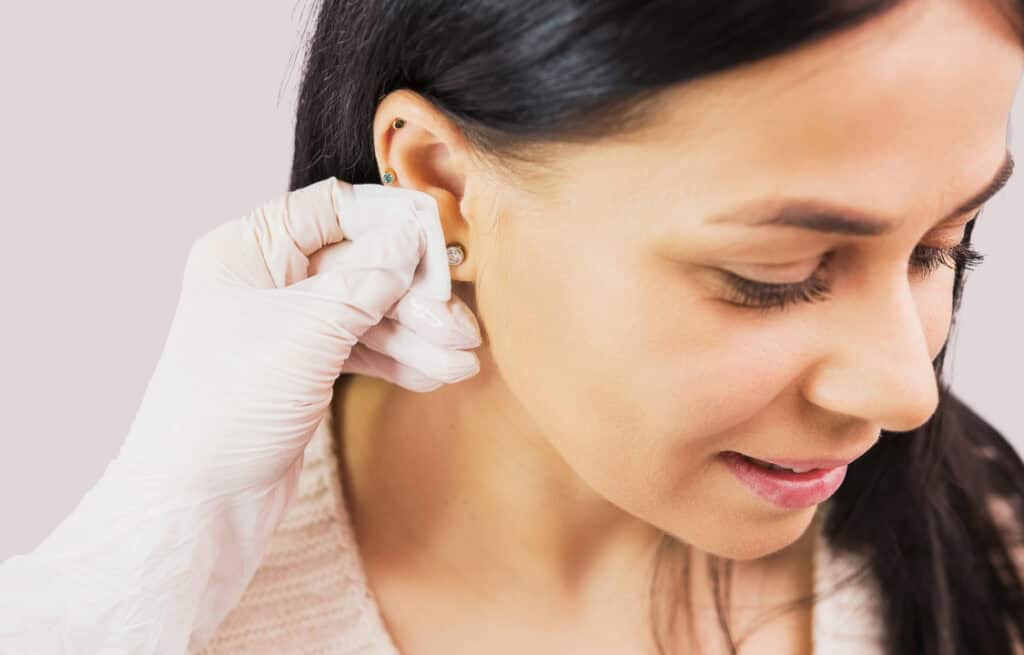
Is it safe to get piercings while pregnant? Read a detailed expert medical guide on the potential impacts of piercings on the mother’s and baby’s health.
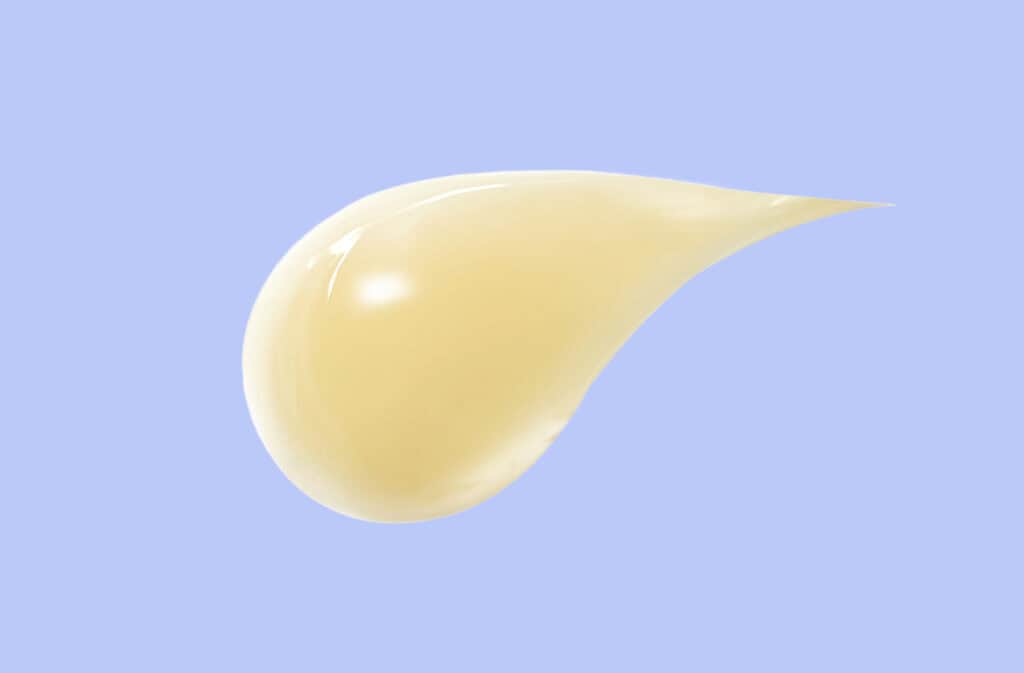
Yellow discharge is generally nothing to worry about. However, it can be a sign of infection if accompanied by symptoms such as an unpleasant odor and itching.

